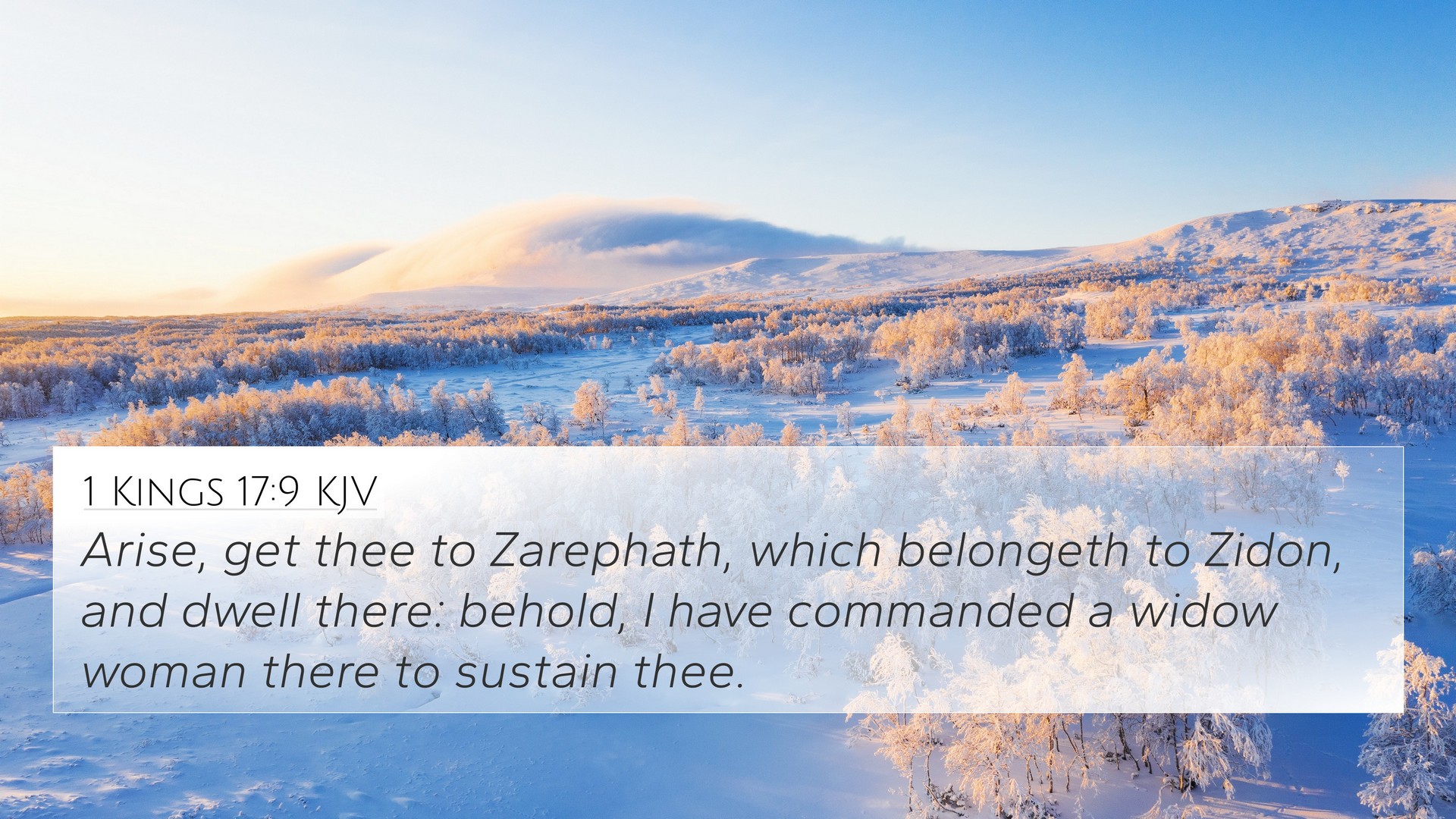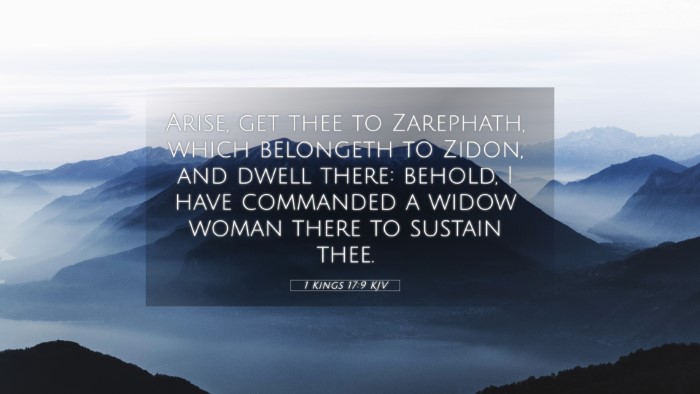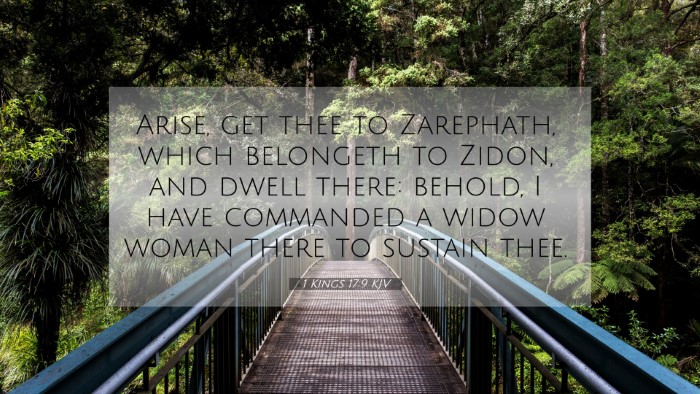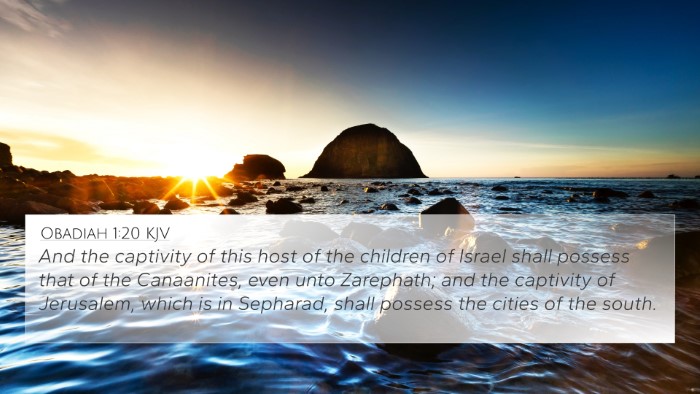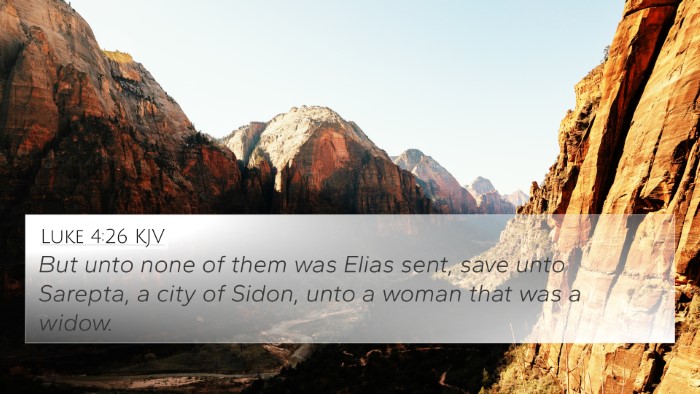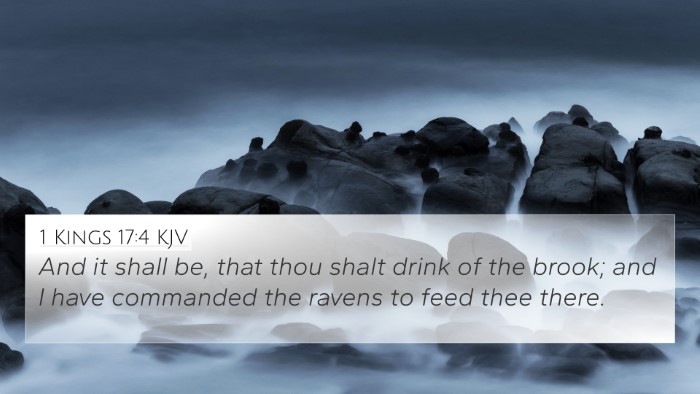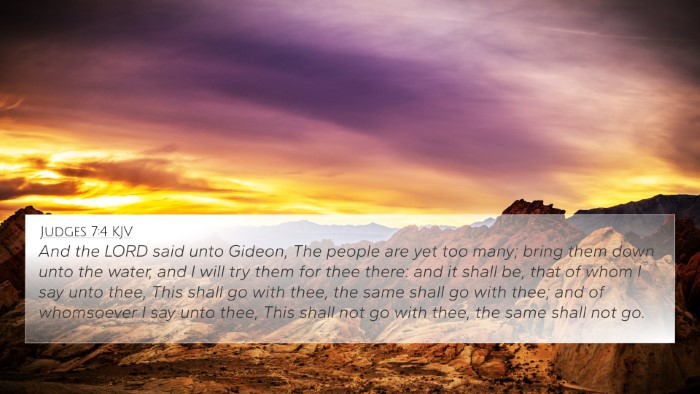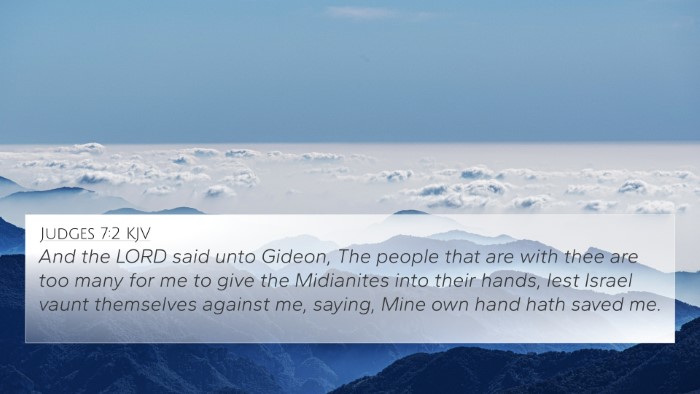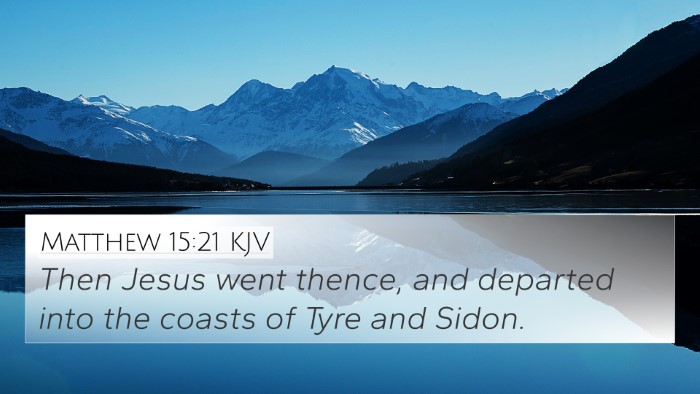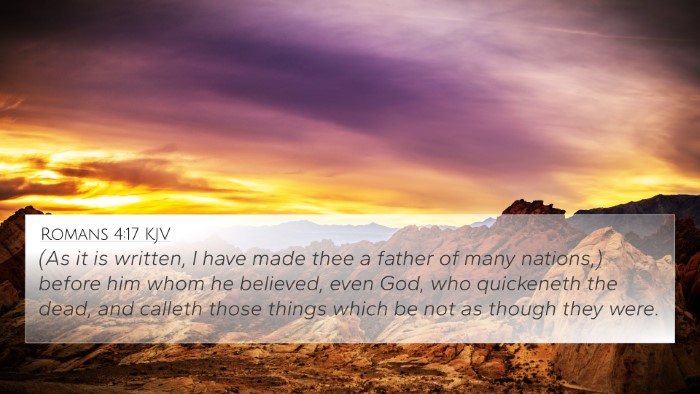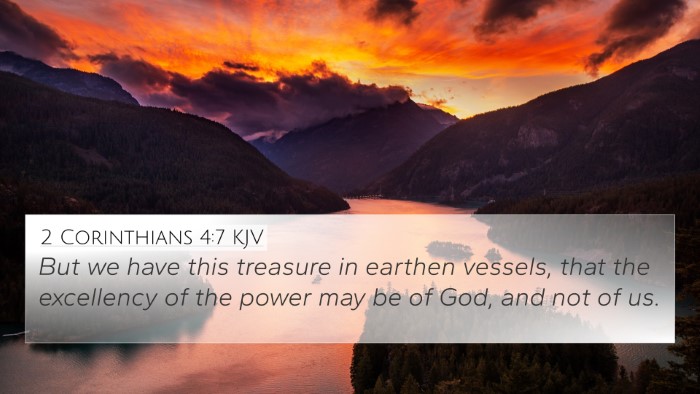Understanding 1 Kings 17:9
1 Kings 17:9 states: "Arise, go to Zarephath, which belongs to Sidon, and stay there. Behold, I have commanded a widow there to provide for you." This verse is pivotal in the narrative of the prophet Elijah, showcasing God's providence and the surprising ways in which He fulfills His promises.
Meaning and Interpretation
This verse can be unpacked through several lenses, drawing insights from public domain commentaries traditionally authored by biblical scholars.
Divine Instruction
According to Matthew Henry, this passage illustrates the specific directions God gives to His servants. Elijah is instructed to arise and go to Zarephath. That God would direct him to a widow, a person of low social status, emphasizes God's ability to provide through unexpected means.
Symbolism of Zarephath
Albert Barnes notes that Zarephath signifies a place of refining. The name itself relates to a smelting furnace, symbolizing the trials Elijah would face and how God purifies His chosen vessels through adversity. This reflects the theme of preparation and growth within faith.
The Widow's Role
Adam Clarke highlights the widow's importance in God's plan. Despite her impoverished state, she becomes the means of sustenance for Elijah, reiterating that God's resources are limitless, even when they appear scarce. This also brings forth the idea that God often uses the marginalized to carry out His divine purposes.
Cross-References and Thematic Connections
1 Kings 17:9 engages in an inter-biblical dialogue, resonating with several other biblical texts:
- Matthew 15:27 - The faith of a Canaanite woman parallels the widow's story, showcasing that God's grace extends even to those outside Israel.
- Luke 4:25-26 - Jesus refers to this narrative, using it to emphasize God's provision to those outside His covenant people.
- 2 Kings 4:1-7 - The miraculous provision for a widow echoes the theme of divine care for the needy.
- Isaiah 58:10 - God’s call to aid the needy aligns with the widow’s sacrificial provision for Elijah.
- Psalms 146:9 - Reflects God's attention to the marginalized, for He supports the helpless.
- James 1:27 - Emphasizes religion that reaches out to orphans and widows, connecting to the heart of this widow's deep need.
- 1 Timothy 5:3-4 - Provides instructions for caring for widows, establishing their importance within the faith community.
Application and Reflection
The implications of 1 Kings 17:9 encourage believers to:
- Trust in God’s Guidance: Just as Elijah was instructed to depend on God, modern believers are reminded to seek divine direction in their lives.
- Recognize the Call to Serve: The widow's readiness to provide for Elijah can be a model for generosity, regardless of one's personal circumstances.
- Understand Divine Providence: This narrative serves as a testament to God's ability to sustain His people through seemingly impossible situations.
- Embrace the Unexpected: God often works through unlikely individuals and places, challenging us to see His hand in the mundane.
Tools for Deeper Study
For those seeking to deepen their understanding of 1 Kings 17:9, consider using:
- Bible Concordance: A tool to locate verses and themes related to Elijah's journey.
- Bible Cross-Reference Guide: Enables connections between this verse and other scriptures that discuss widows and God's care.
- Cross-Reference Bible Study: A method to explore various interpretations and applications across biblical texts.
- Bible Reference Resources: Essential for understanding the historical and cultural context of Zarephath.
Conclusion
1 Kings 17:9 not only recounts the story of Elijah but also engages the reader in a comprehensive exploration of themes concerning faith, provision, and God's unexpected choices in fulfilling His promises. As believers reflect on this verse and its cross-references, they cultivate a deeper understanding of God's continuous work in the world, affirming that He remains active in providing for His people across all generations.
